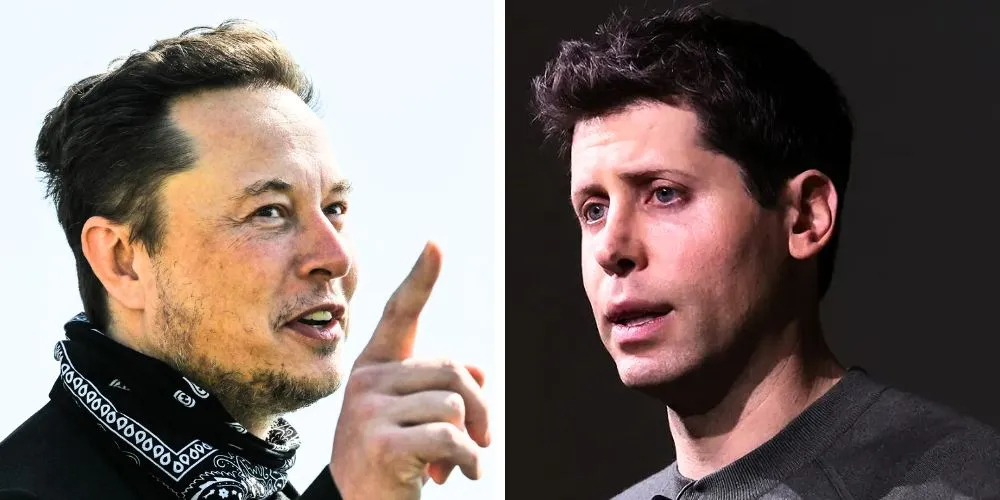Key Points
- Musk and a consortium have offered $97.4 billion to buy OpenAI’s nonprofit arm, challenging its transition to a for-profit model.
- OpenAI CEO Sam Altman rejected the offer, stating the company remains focused on independent AI development.
- OpenAI is currently negotiating a $40 billion funding round with SoftBank, which could increase its valuation to $300 billion.
- Musk’s bid could disrupt OpenAI’s fundraising and regulatory positioning, raising antitrust concerns if taken seriously.
Elon Musk and a consortium of investors have made a $97.4 billion bid to acquire the nonprofit that controls OpenAI, escalating tensions between Musk and OpenAI CEO Sam Altman over the company’s future direction.
Musk, who co-founded OpenAI in 2015 but left before it became a leader in generative AI, has been vocal about his opposition to the company’s shift towards a for-profit model. His offer, backed by investors including xAI, Baron Capital Group, and Emanuel Capital, aims to return OpenAI to its original open-source and safety-focused AI development mission.
Altman quickly dismissed Musk’s bid, posting on X: “No thank you, but we will buy Twitter for $9.74 billion if you want.” OpenAI’s board also expressed no interest in the offer, reinforcing their commitment to securing the funding necessary for AI innovation.
Musk has previously sued OpenAI and Altman, alleging a breach of contract by prioritizing profits over public good. His legal fight, combined with this acquisition attempt, could complicate OpenAI’s ongoing fundraising efforts and shift its transition to a for-profit entity.
The bid also raises financial questions. Musk’s Tesla holdings are valued at $165 billion, but after his $44 billion acquisition of Twitter (now X), his ability to leverage bank loans remains uncertain. To finance this bid, Musk could sell Tesla shares, take out loans, or use his SpaceX stake as collateral.
OpenAI, last valued at $157 billion, is currently in talks with SoftBank for a $40 billion funding round, which could push its valuation to $300 billion. If Musk’s offer gains traction, OpenAI’s board may be legally required to consider it as a superior alternative. Analysts warn that Musk’s involvement could disrupt OpenAI’s fundraising and restructuring plans while introducing potential antitrust concerns.




